Best Online Payment Processors for 2025: Stripe, PayPal, and More
Online payment processors are the silent engines powering eCommerce. Each digital transaction—whether for a product, subscription, or service—passes through these systems. Their role extends beyond moving money; they help businesses build trust, simplify payments, and operate globally. What began with basic card readers has evolved into comprehensive digital infrastructures.
From freelancers getting paid overseas to eCommerce giants managing massive operations, selecting the right processor can make a significant difference. As digital payment platforms continue to shape buying and selling, understanding the options is vital for keeping your business fast, secure, and efficient.
Popular Payment Processors
Effective online payment processors go beyond handling card payments. Today’s processors offer built-in fraud detection, recurring billing, and international support. Some are developer-friendly, while others are more plug-and-play. Let’s explore the most widely used platforms and why each is worth considering.
Stripe
Stripe is renowned as the go-to solution for developers and startups needing customizable payment systems. It’s fast, powerful, and supports over 135 currencies. Stripe’s strength lies in its developer-friendly API, allowing complete control over checkout experiences. It supports everything from card payments to local methods like Alipay and SEPA.
With tools for fraud detection, recurring billing, and invoicing, Stripe is an end-to-end platform. Its intuitive dashboard simplifies real-time transaction tracking. If you’re running a SaaS product, eCommerce business, or marketplace, Stripe provides the infrastructure to scale with confidence.
PayPal
PayPal remains one of the most recognized names in digital finance. It’s known for being easy to set up and trusted by users globally. For consumers, it offers a fast and secure way to pay online without sharing financial details. For businesses, PayPal provides tools for invoicing, subscriptions, and easy website integration.
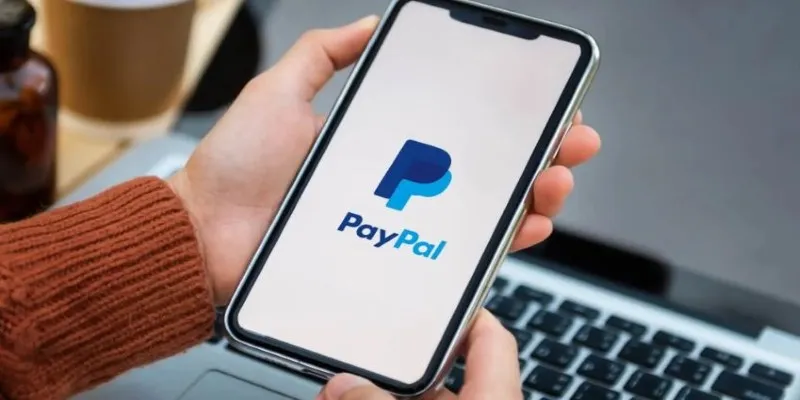
Its Buyer and Seller Protection features offer additional peace of mind. PayPal also owns Venmo and Braintree, extending its reach into peer-to-peer and enterprise transactions. Whether you’re a solo freelancer or a large merchant, PayPal’s flexibility and global reach make it a strong digital payment platform.
Square
Square started with a mobile card reader and has evolved into a comprehensive business platform. It’s especially popular among small businesses managing both online and in-person payments. Square offers a point-of-sale system, invoicing, and even employee management tools—all under one roof. Its simple setup doesn’t require much technical skill, making it ideal for sellers who want to get started quickly.
For online sellers, Square provides hosted checkouts and eCommerce integrations. It’s perfect for those seeking an all-in-one solution that’s easy to maintain. Square balances simplicity with function, helping businesses of all sizes get paid fast and securely.
Authorize.Net
Authorize.Net is one of the most established online payment processors. Now part of Visa, it focuses on providing reliable, secure, and traditional payment gateway services. It supports a wide range of payment types, including credit cards, eChecks, and digital wallets. While not as flashy as newer platforms, it remains a solid choice for businesses that prioritize stability and security.
It offers recurring billing, fraud detection, and customer information storage. Authorize.Net also integrates well with many eCommerce platforms, making it a dependable option for companies with existing systems. It’s ideal for businesses seeking long-term, compliant payment solutions.
Braintree
Braintree, owned by PayPal, caters to businesses wanting more control over their checkout process. It supports cards, PayPal, Apple Pay, Google Pay, and local methods—all through a single integration. With strong APIs and mobile- first design, it’s a favorite among tech-savvy businesses. Braintree also includes built-in tools for managing subscriptions, detecting fraud, and handling split payments.
Apps, SaaS platforms, and online marketplaces widely use it. Although it requires some technical expertise, Braintree rewards that effort with a highly customizable and secure experience. It’s a top choice for businesses prioritizing smooth and branded user experiences.
2Checkout (now Verifone)
Formerly known as 2Checkout, Verifone’s global platform focuses on digital goods, subscriptions, and software sales. It enables payments in over 200 markets and supports more than 100 currencies, making it ideal for international businesses. Verifone stands out for its strong compliance tools, including global tax handling and fraud protection. These features are critical for companies selling across different countries.
Its interface allows merchants to manage subscriptions, generate invoices, and automate renewals. While not as well-known as Stripe or PayPal, Verifone is particularly useful for SaaS and content-based businesses serving international audiences needing reliable back-end systems.
Razorpay
Razorpay is tailored to the Indian market, offering a comprehensive solution for businesses of all sizes. It supports UPI, net banking, cards, and wallet payments, all optimized for local users. Razorpay has rapidly gained popularity due to its smooth setup, clean dashboard, and robust features. Businesses can use it for payment links, checkout pages, and recurring billing.

Razorpay also offers automation for refunds, subscriptions, and webhooks. It’s well-suited for startups looking to scale quickly in India. With financial tools, compliance support, and integration options, Razorpay delivers more than just transactions—it offers a complete digital payment platform built for growth.
Payoneer
Payoneer stands out from typical online payment processors by focusing on cross-border payments rather than website checkouts. It’s a go-to solution for freelancers, remote teams, and global sellers needing to receive international payments. Users can accept funds in multiple currencies and transfer them to local bank accounts with low fees.
Payoneer is compatible with platforms like Amazon, Upwork, and Fiverr, simplifying invoicing and managing global earnings. Though it lacks traditional eCommerce features, it’s a powerful tool for professionals and businesses operating across different countries and currencies.
Conclusion
Online payment processors have become essential to how businesses operate and expand in today’s digital world. Each platform—whether Stripe, PayPal, Square, or others—offers unique strengths based on speed, security, flexibility, or reach. From global eCommerce to local services, the right processor ensures smooth and reliable transactions. As digital payment platforms evolve, choosing the one that fits your business model isn’t just smart—it’s crucial for staying competitive, building trust, and maintaining seamless operations.
Related Articles

The 6 Best Payment Processing Platforms in 2025 for Smooth, Secure Transactions
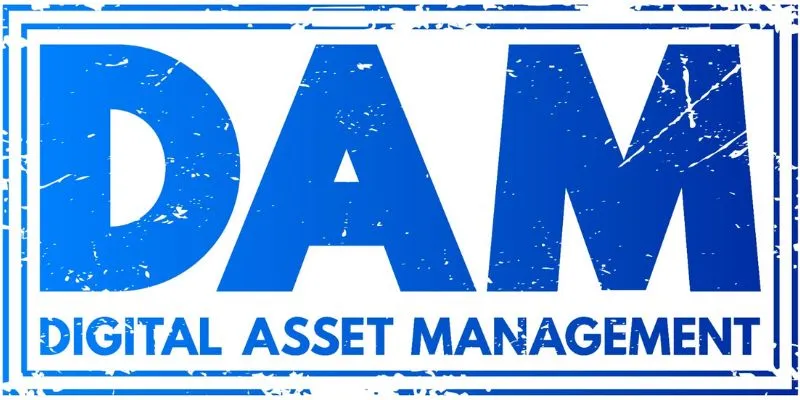
Explore the Best DAM Software Options for Effective Digital Content Management
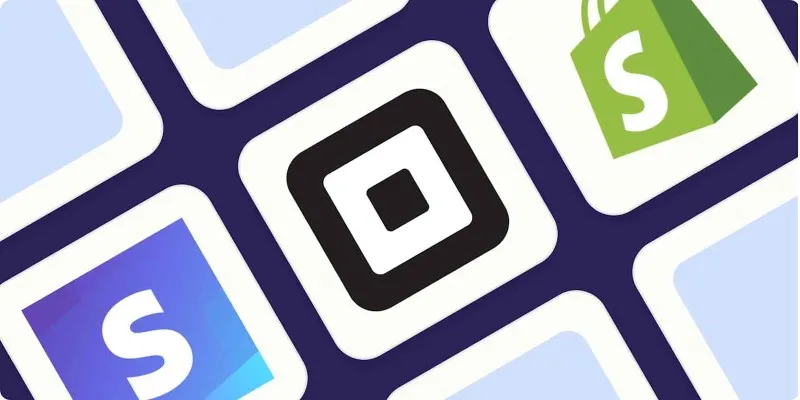
The 5 Best PayPal Alternatives for Businesses in 2025 to Streamline Payments
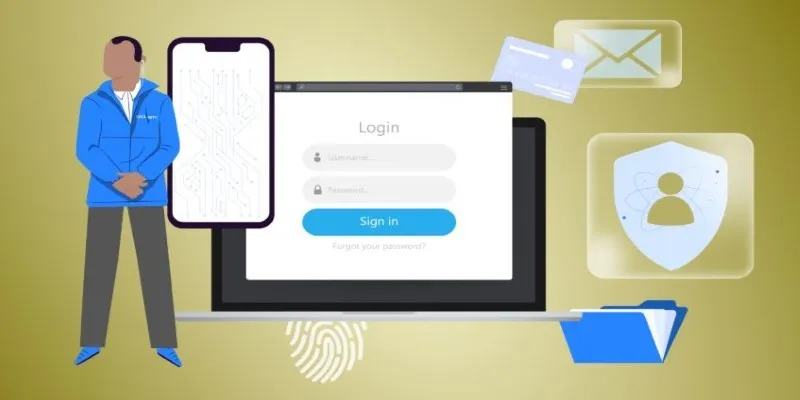
Protect Your Online Accounts: A Guide to Popular Password Managers
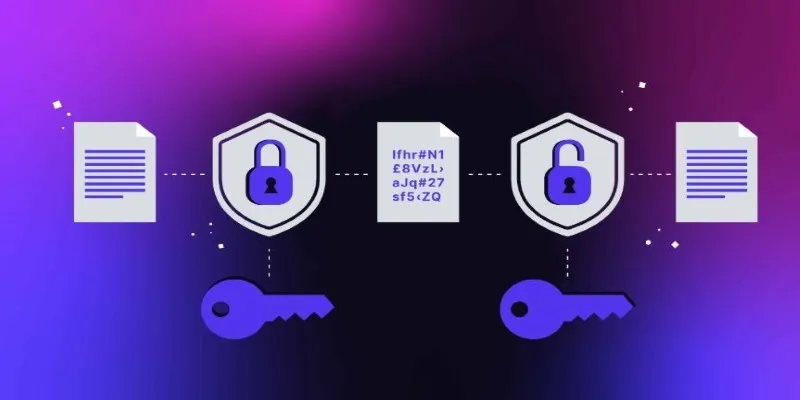
What Encryption Really Does in Modern Online Tools
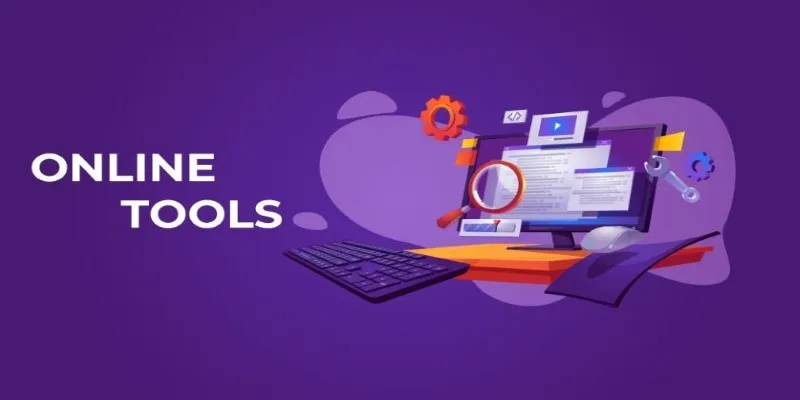
The Power of Online Tools: Definition, Purpose, and Impact
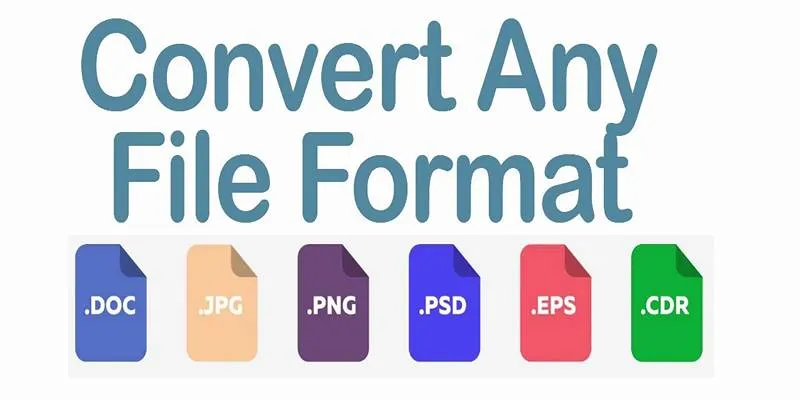
Online File Conversion Made Simple: No Software Needed for Any Format
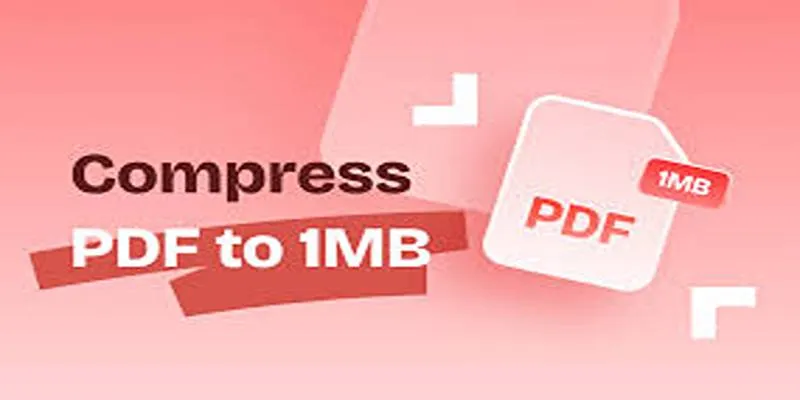
Compress PDF Files Under 1MB While Maintaining High Visual Quality

Convert and Extract RAR Files to ZIP Online in a Few Simple Steps

9 Best UX Research Tools to Elevate Your User Experience

Which Are The 6 Best Electronic Signature Apps to Sign Documents Online in 2025

How to Declutter Your Digital Workspace: A Complete Guide to Boost Productivity
Popular Articles

Enhance Customer Engagement Anywhere with Respond.io
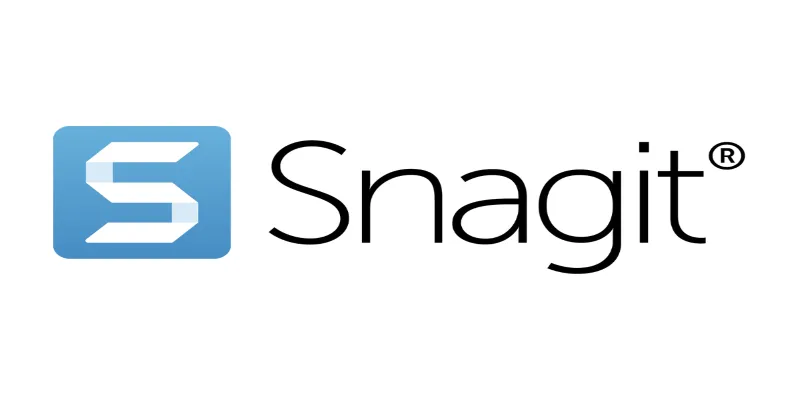
7 Screen Capture Tools to Use Instead of Snagit

7 Best GIF Loopers to Seamlessly Repeat Your Favorite Moments
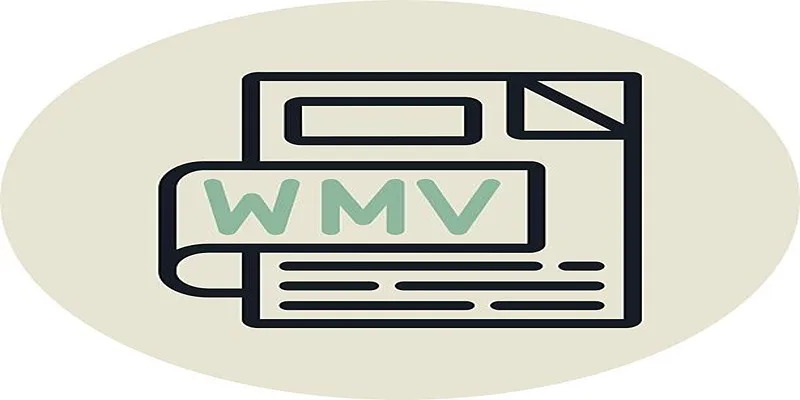
Step-by-Step Guide to Converting M2TS to WMV Easily

Apps That Truly Save Your Phone’s Battery Life

How to Fix Audio Delay in VLC Player
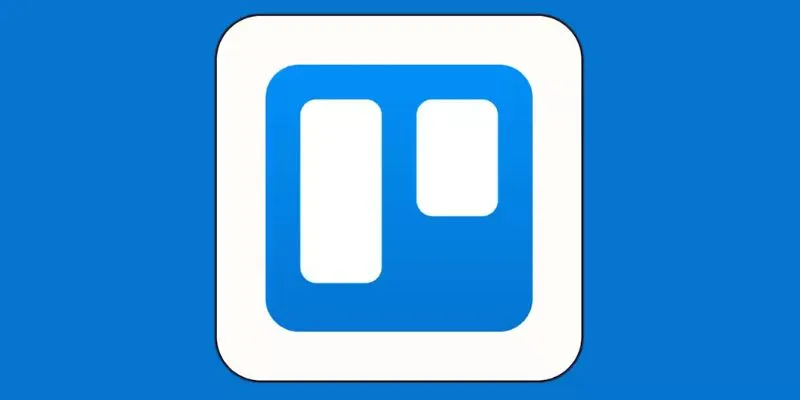
4 Trello Calendar Views to Help Visualize Your Projects Effectively

How to Automatically Organize and Save Client Files in Google Drive Folders

KineMaster Without Limits: Removing the Logo the Right Way

Client Onboarding Checklist: 6 Simple Steps for Success

Maximize Your Website's Potential with the 11 Best SEO Tools in 2025

 mww2
mww2